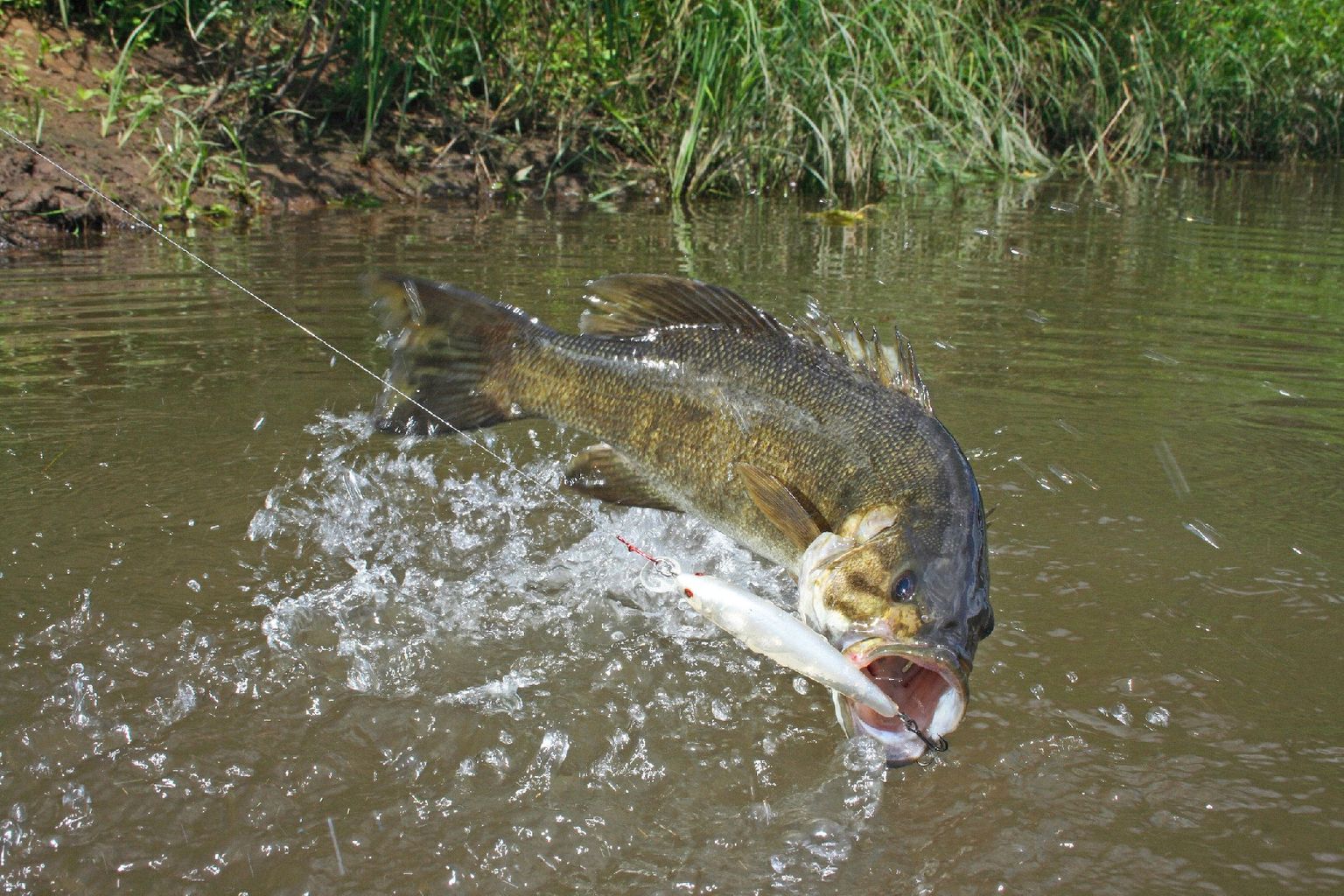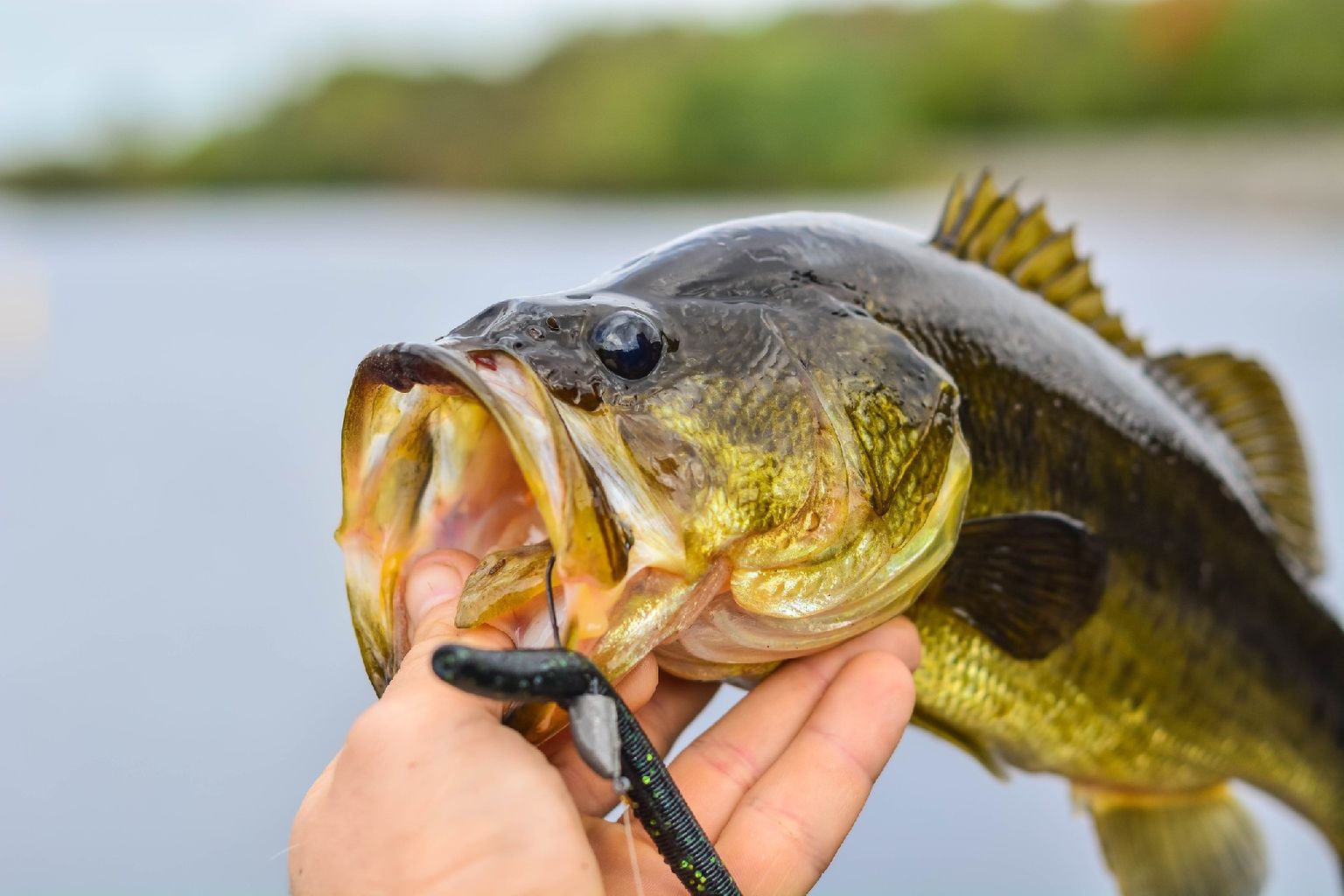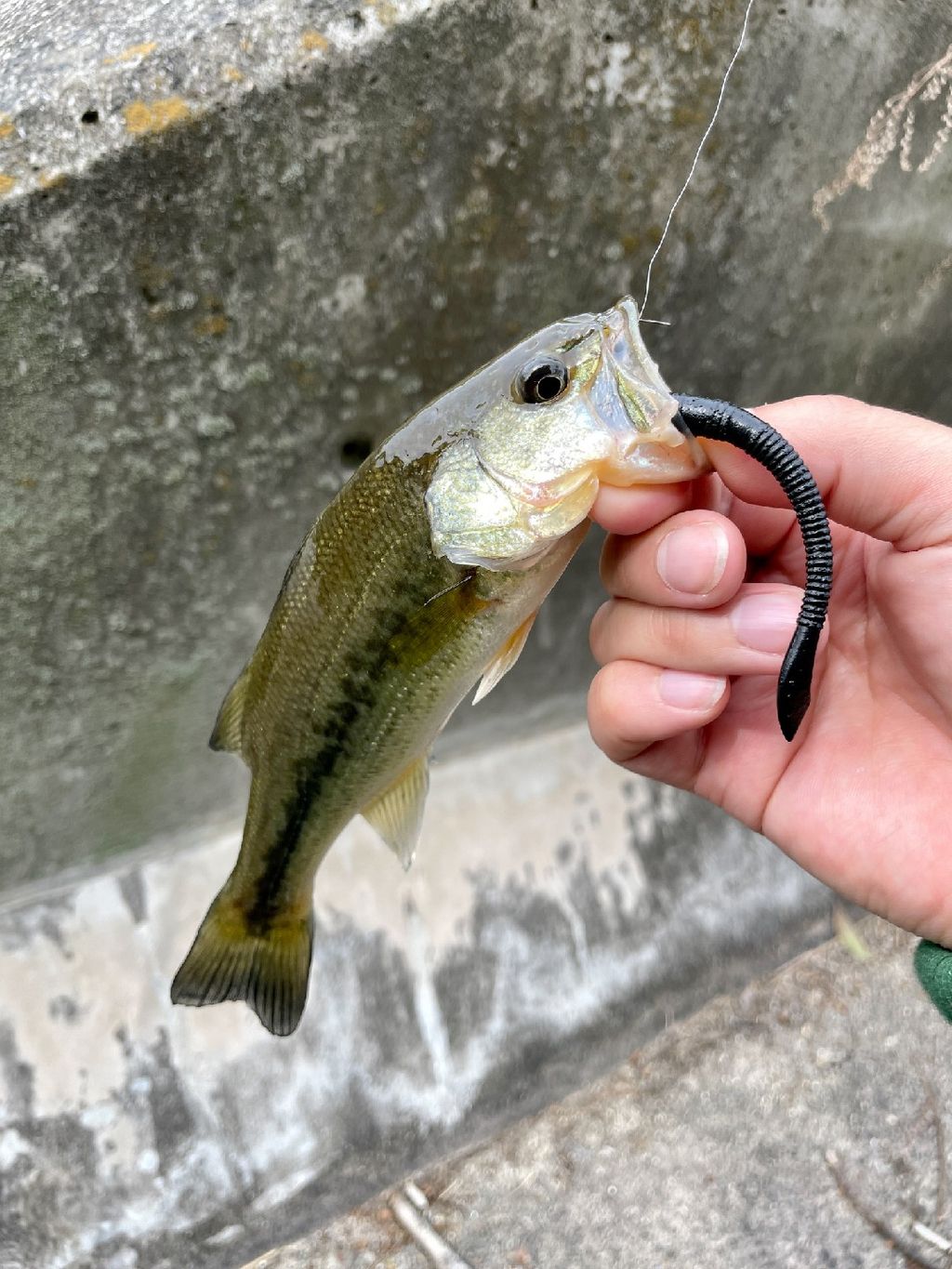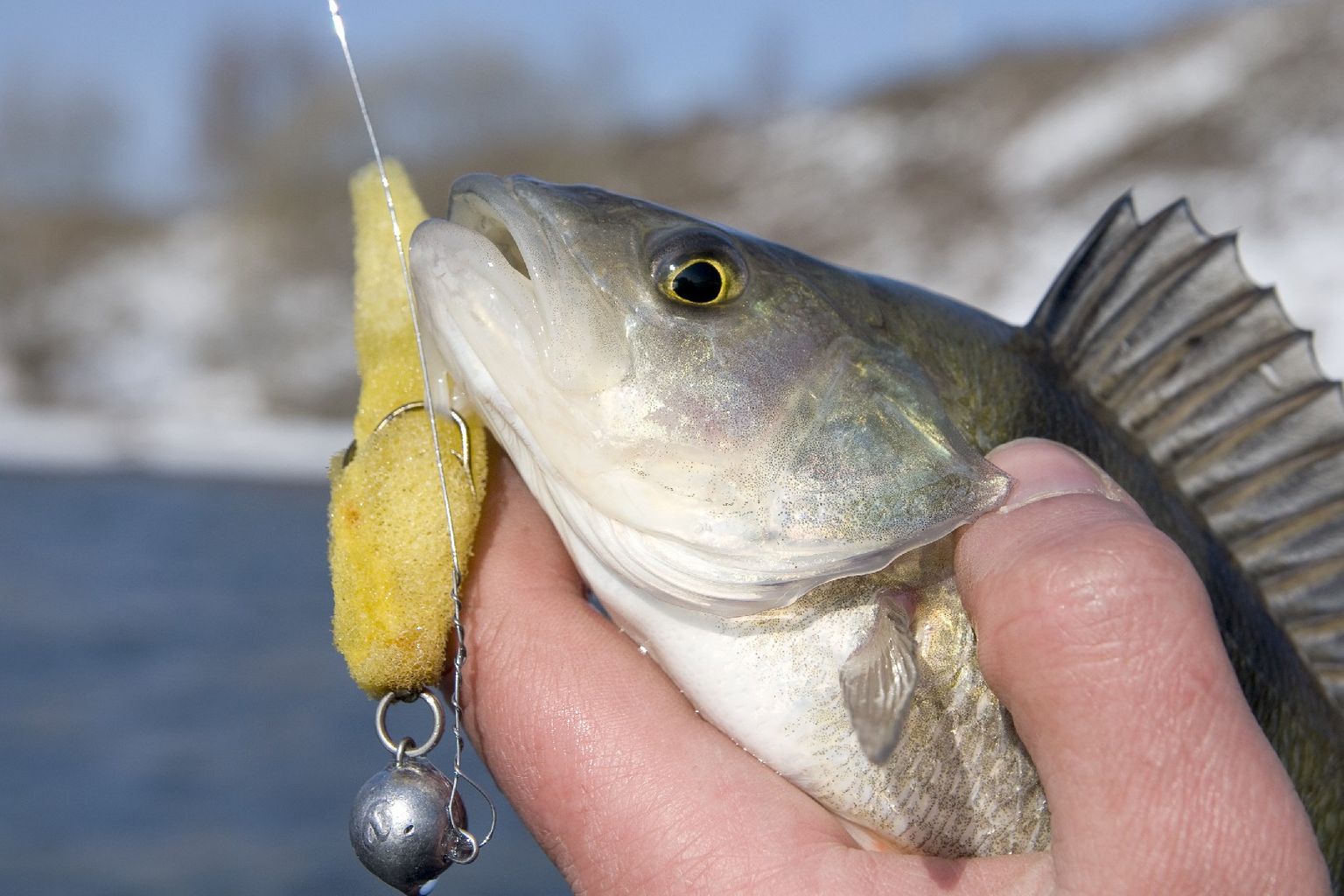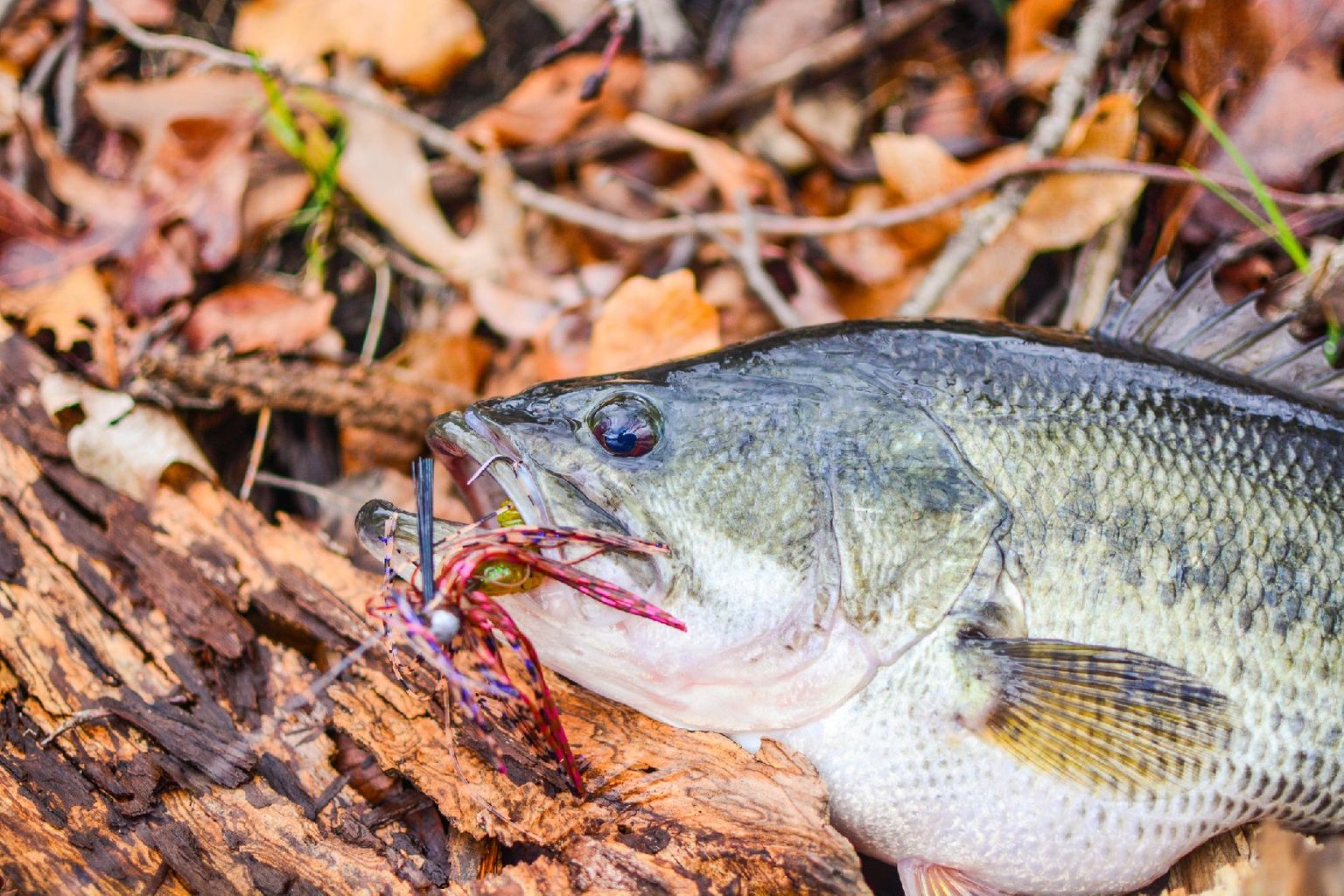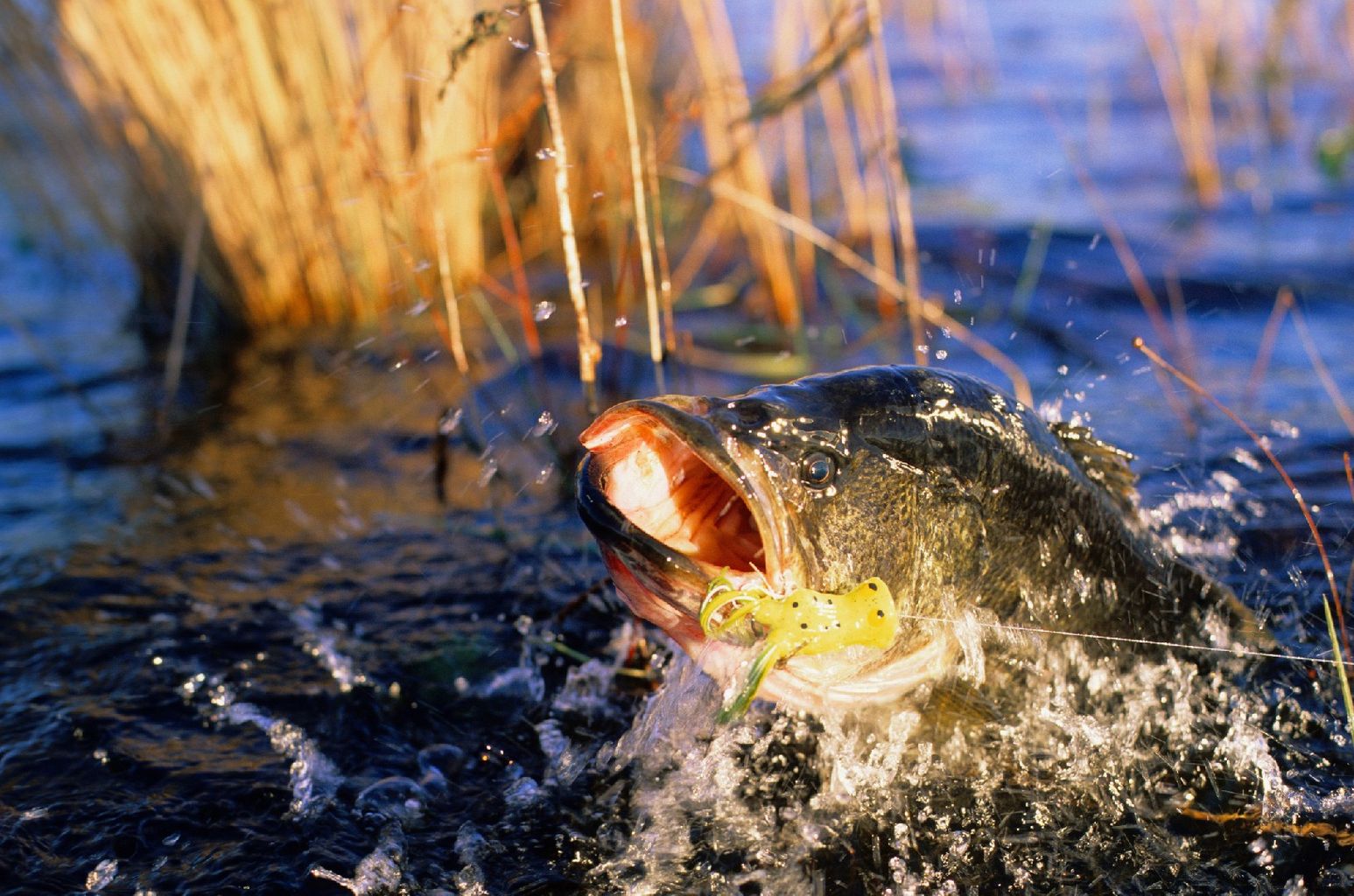Fishing for largemouth bass can be an exciting activity for both recreational fishermen and seasoned professionals. However, selecting the right bait is crucial in luring these agile predators. This article delves into the various types of baits suitable for largemouth bass fishing, considering different seasons and their unique behaviors.
